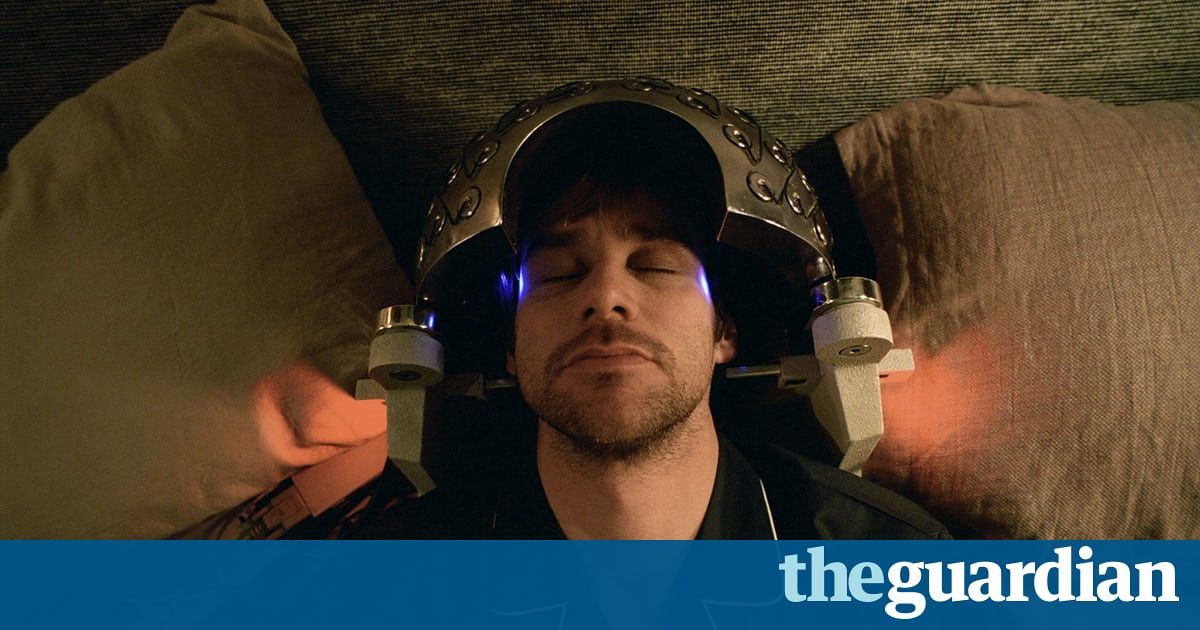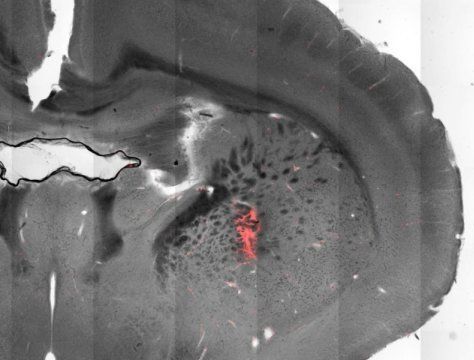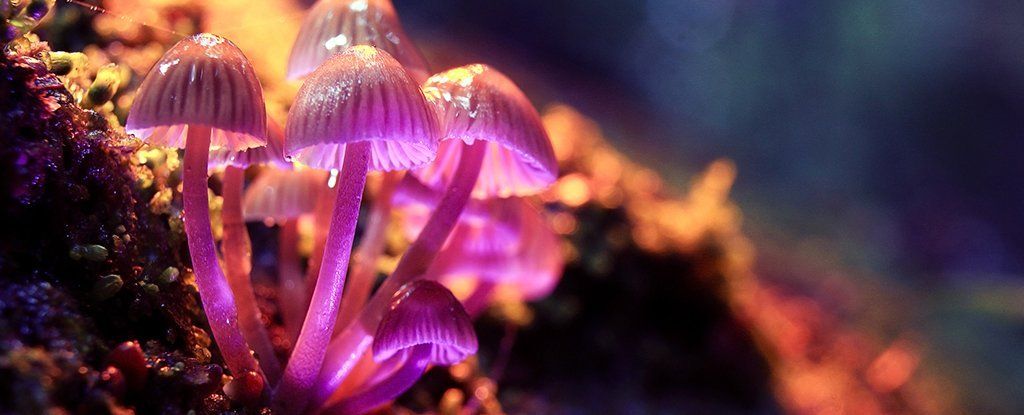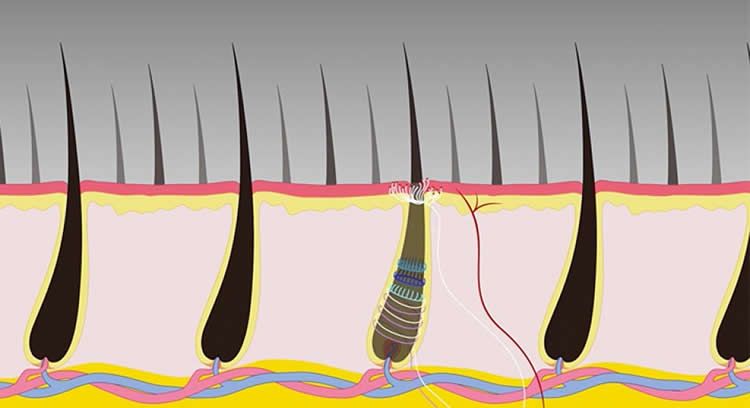Archive for the ‘neuroscience’ category: Page 861
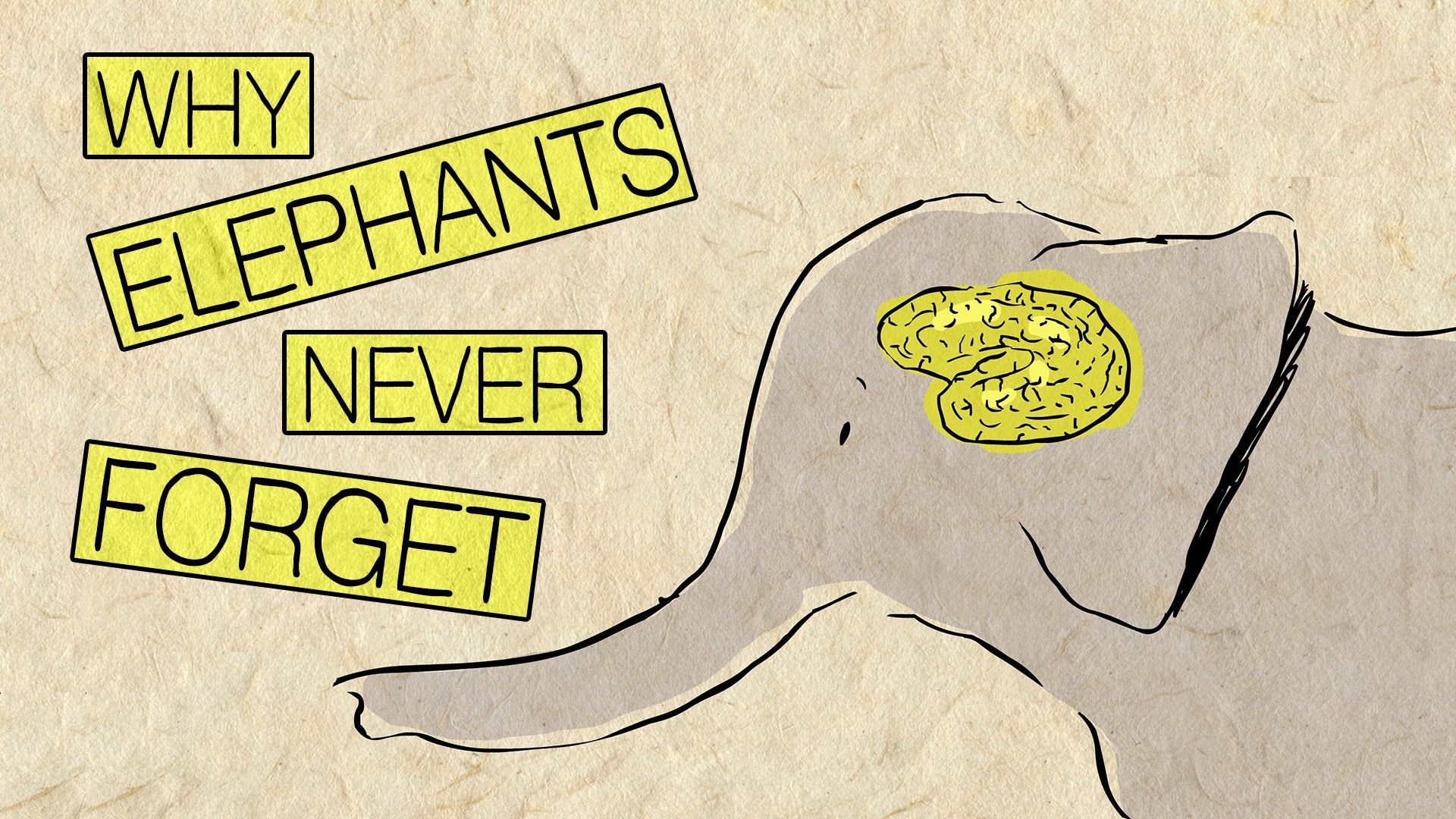
It’s a common saying that elephants never forget. But the more we learn about elephants, the more it appears that their impressive memory is only one aspect of an incredible intelligence that makes them some of the most social, creative, and benevolent creatures on Earth. Alex Gendler takes us into the incredible, unforgettable mind of an elephant.
It’s a common saying that elephants never forget, but these magnificent animals are more than giant walking hard drives. The more we learn about elephants, the more it appears that their impressive memory is only one aspect of an incredible intelligence that makes them some of the most social, creative and benevolent creatures on Earth.
Aug 21, 2017
Stress and Brain: Jaime Tartar
Posted by Müslüm Yildiz in categories: health, neuroscience
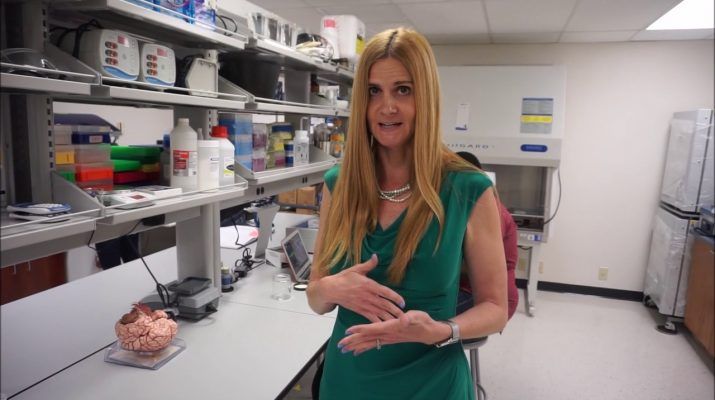
Jaime Tartar tells us about how the brain interprets what is stressful, how it determines our behavioral and physiological response to stressors, and how it can be damaged by stress. She will discuss how the body’s reaction to acute stress has protective and adaptive effects in the short run while chronic stress can lead to poor health consequences such as decreased memory performance and depression.
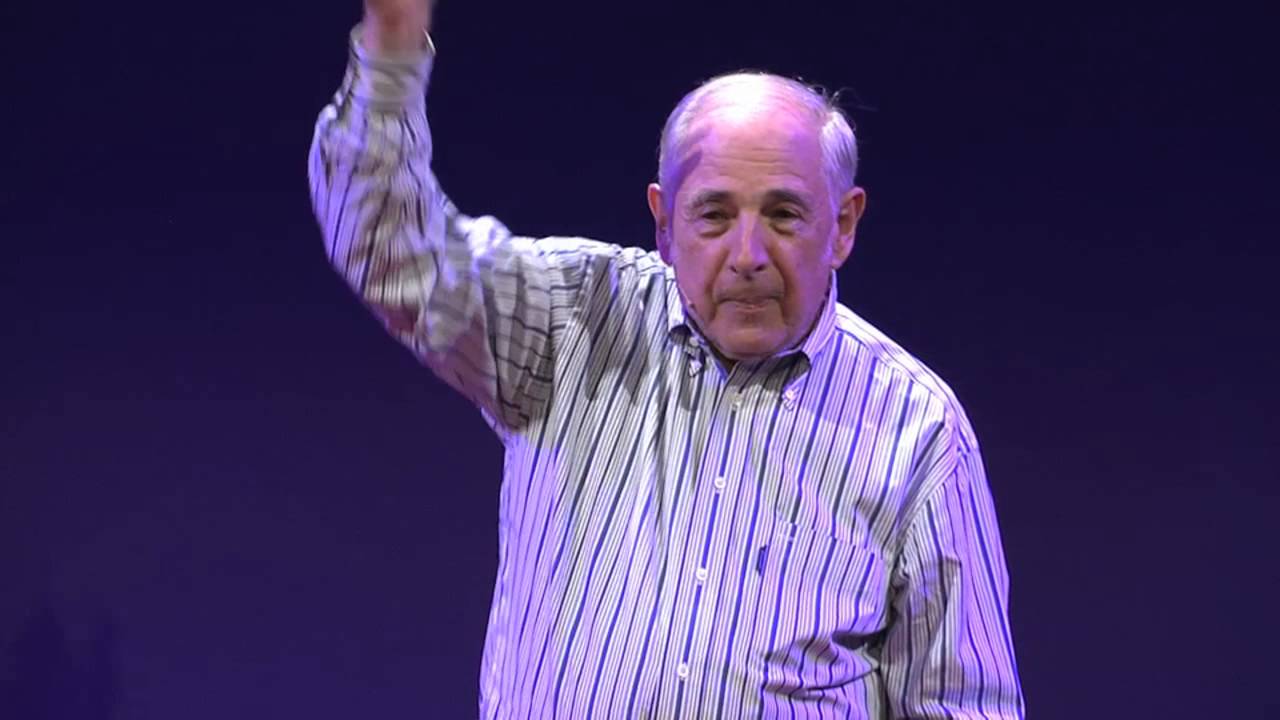
John Searle one of the world’s great philosophers of mind and language, has spent fifty years stimulating thinking around the world. What he says about consciousness as a biological phenomenon will challenge you! Cogitation, Consciousness & The Brain.
I’m going to talk about consciousness. Why consciousness? Well, it’s a curiously neglected subject, both in our scientific and our philosophical culture. Now why is that curious? Well, it is the most important aspect of our lives for a very simple, logical reason, namely, it’s a necessary condition on anything being important in our lives that we’re conscious.
Aug 20, 2017
In this talk during the first International Longevity and Cryopreservation Summit in Madrid in 2017 (http://longevitycryopreservationsummi…), prepared in collaboration with Keith Comito, LEAF/Lifespan.io President, longevity advocate Elena Milova reviews sociological studies of public attitudes towards the concept of life extension and corresponding technologies
Posted by Steve Hill in categories: cryonics, education, geopolitics, life extension, neuroscience, transhumanism
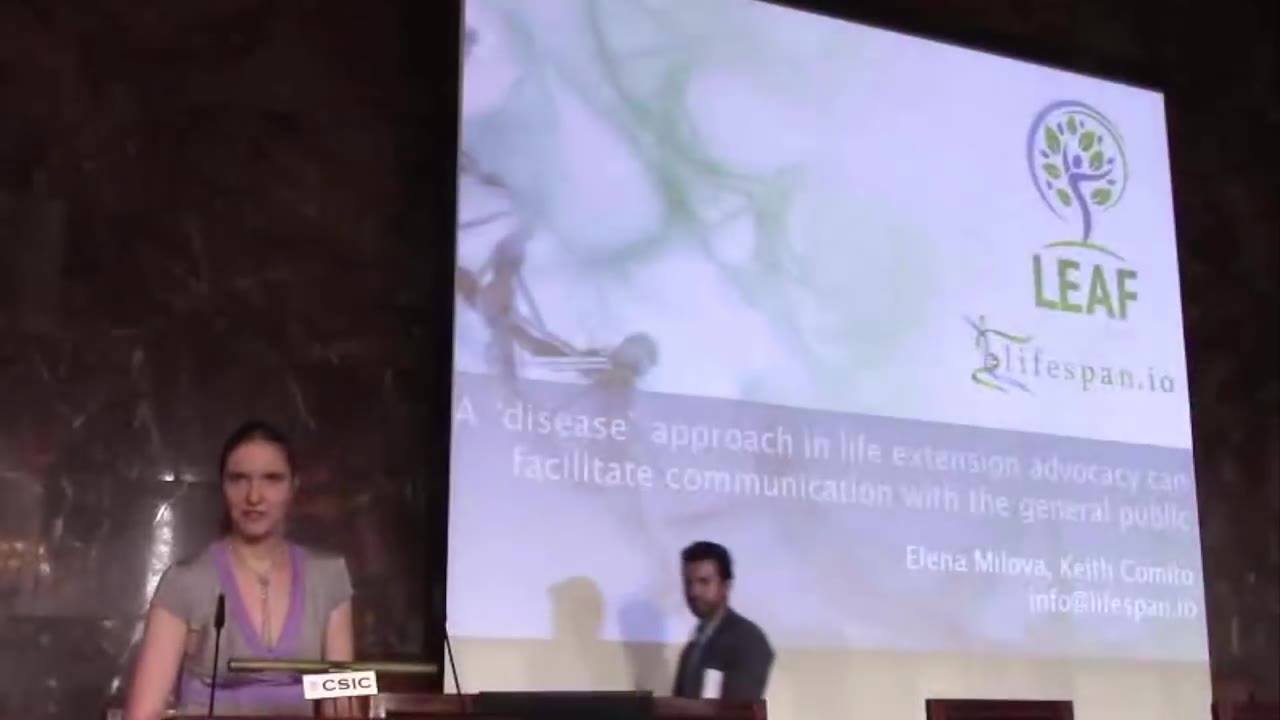
She goes on to detail which expressions and messages can increase public acceptance and which have proven to be counterproductive. Related cognitive biases are also briefly discussed.
Elena is a LEAF/Lifespan.io Director of the Board and the head of its Outreach/Fundraising committee, and has been a longevity activist and advocate since 2013. Since then she has organized educational events to make new evidence-based methods of healthy life extension more popular, and is member of the Russian transhumanist movement.
Aug 20, 2017
How to cope with anxiety: Olivia Remes
Posted by Müslüm Yildiz in categories: health, neuroscience

Anxiety is one of most prevalent mental health disorders, with 1 out of 14 people around the world being likely affected. Leading up to conditions such as depression, increased risk for suicide, disability and requirement of high health services, very few people who often need treatment actually receive it…
In her talk “How to cope with anxiety”, Olivia Remes of the University of Cambridge will share her vision on anxiety and will unravel ways to treat and manage this health disorder. Arguing that treatments such as psychotherapy and medication exist and often result in poor outcome and high rates of relapses, she will emphasise the importance of harnessing strength in ourselves as we modify our problem-coping mechanisms.
Aug 20, 2017
While sugar impairs memory and learning skills, eating chocolate improves brain function
Posted by Müslüm Yildiz in categories: biotech/medical, food, neuroscience

Researchers at UCLA (University of California, Los Angeles) conducted a study in 2012 on rats and found that a diet high in fructose hinders learning skills and memory and also slow down the brain. The researchers found that rats who over-consumed fructose had damaged synaptic activity in the brain, meaning that communication among brain cells was impaired.
Study’s lead author Dr. Fernando Gomez-Pinilla said in a statement that “Insulin is important in the body for controlling blood sugar, but it may play a different role in the brain. Our study shows that a high-fructose diet harms the brain as well as the body.”
Aug 20, 2017
Scientists use magnetic fields to remotely stimulate brain — and control body movements
Posted by Shailesh Prasad in categories: biotech/medical, neuroscience
Scientists have used magnetism to activate tiny groups of cells in the brain, inducing bodily movements that include running, rotating and losing control of the extremities — an achievement that could lead to advances in studying and treating neurological disease.
Aug 20, 2017
Scientists Are Finally Set to Mass-Produce The Active Compound Found in Magic Mushrooms
Posted by Shailesh Prasad in categories: chemistry, neuroscience
For nearly 60 years scientists have known the chemical responsible for magic mushrooms’ psychedelic reputation is a compound called psilocybin. What we haven’t known is the biochemical pathway behind this famous hallucinogen.
Feel free to now tick that one off your chemistry bucket-list. German researchers have identified four key enzymes involved in making the chemical, potentially setting the stage for mass production of a promising pharmaceutical.
Psilocybin was first identified by the Swiss scientist Albert Hofmann way back in 1959, but has only recently re-entered the spotlight as a safe way to treat conditions related to anxiety, depression, and addiction.
Aug 20, 2017
Specialized Neurons That Respond to Pain of Pulling Single Hair Discovered
Posted by Shailesh Prasad in categories: health, neuroscience
Summary: NIH researchers have identified a specific type of sensory neurons which become activated as a result of pulling a single hair.
Source: NIH.
Researchers from the National Institutes of Health have identified a class of sensory neurons (nerve cells that electrically send and receive messages between the body and brain) that can be activated by stimuli as precise as the pulling of a single hair. Understanding basic mechanisms underlying these different types of responses will be an important step toward the rational design of new approaches to pain therapy. The findings were published in the journal Neuron.
